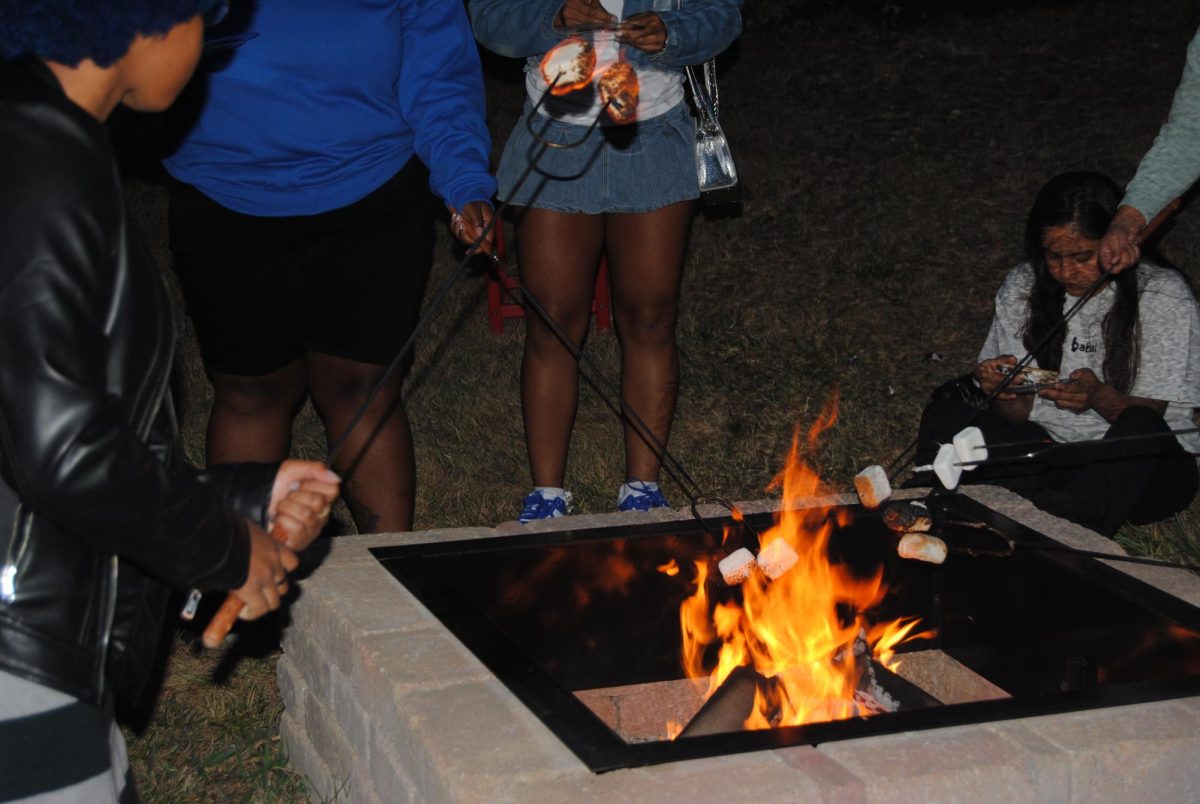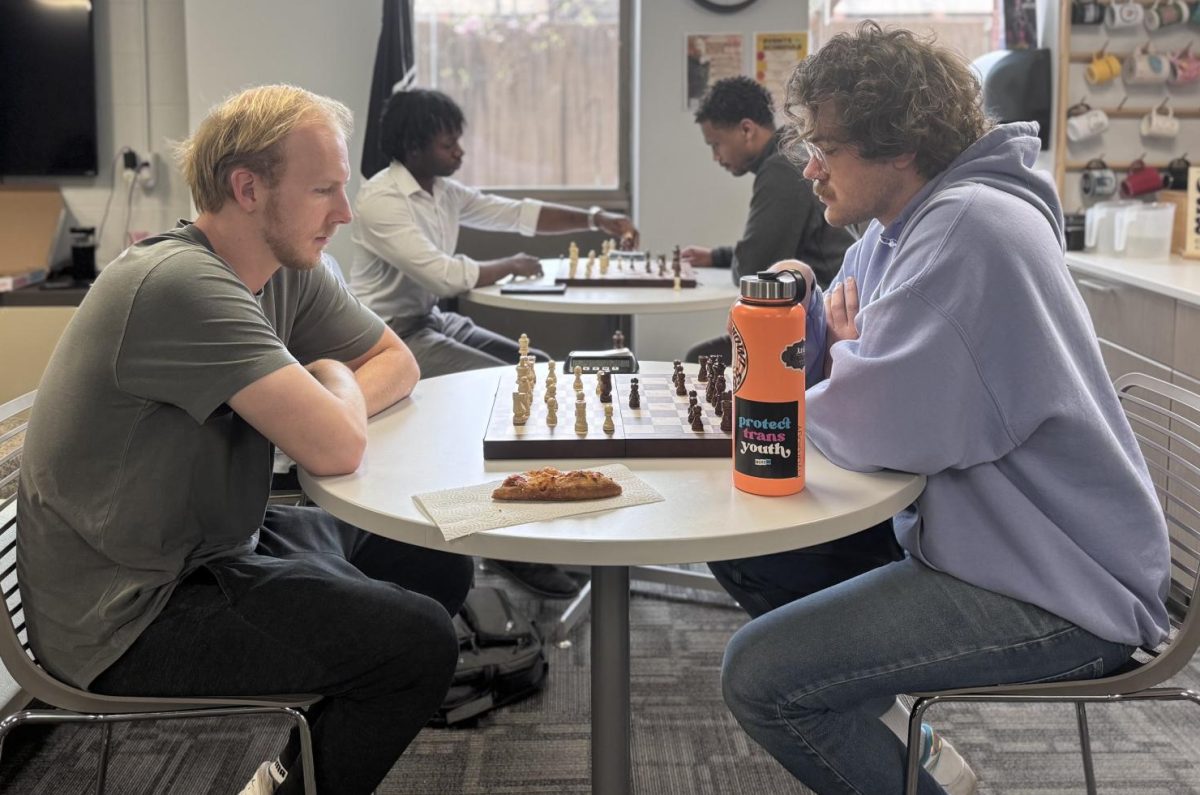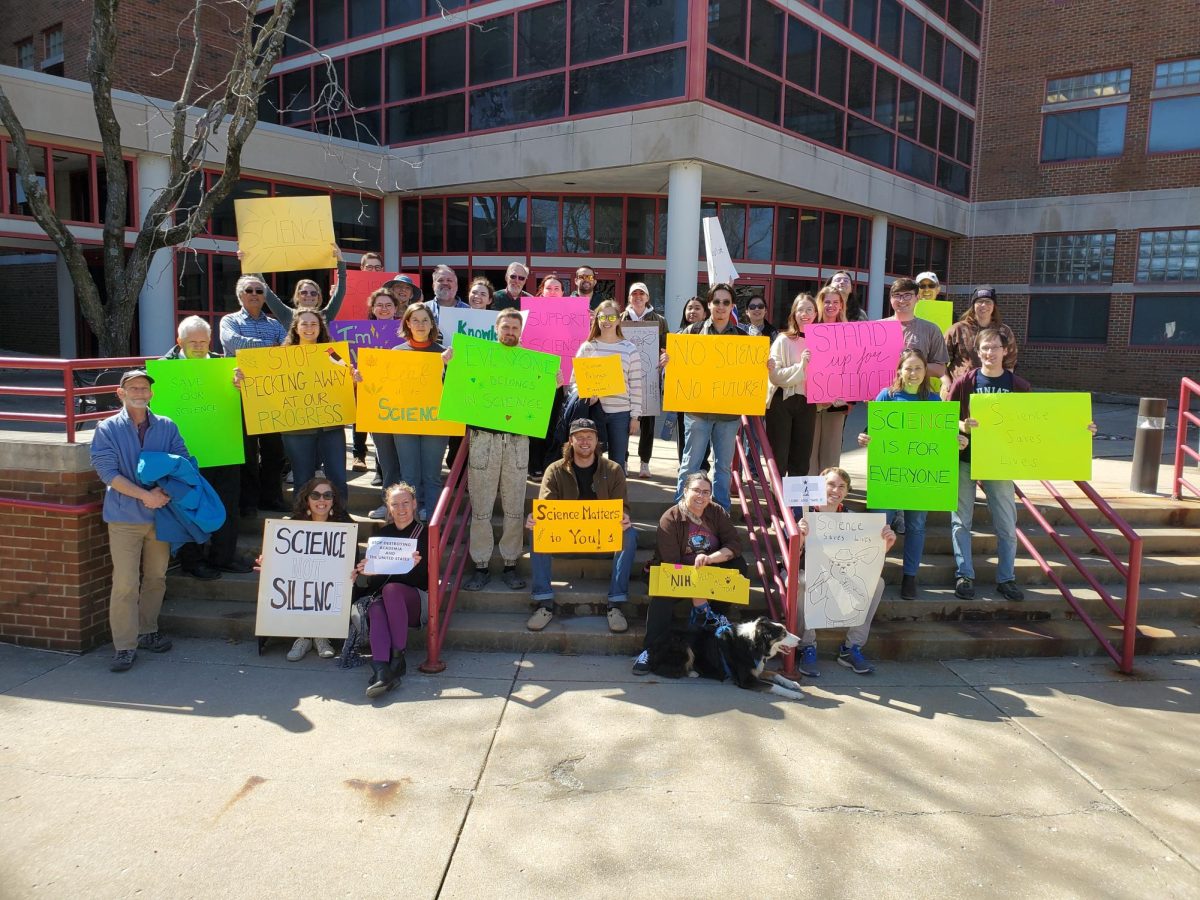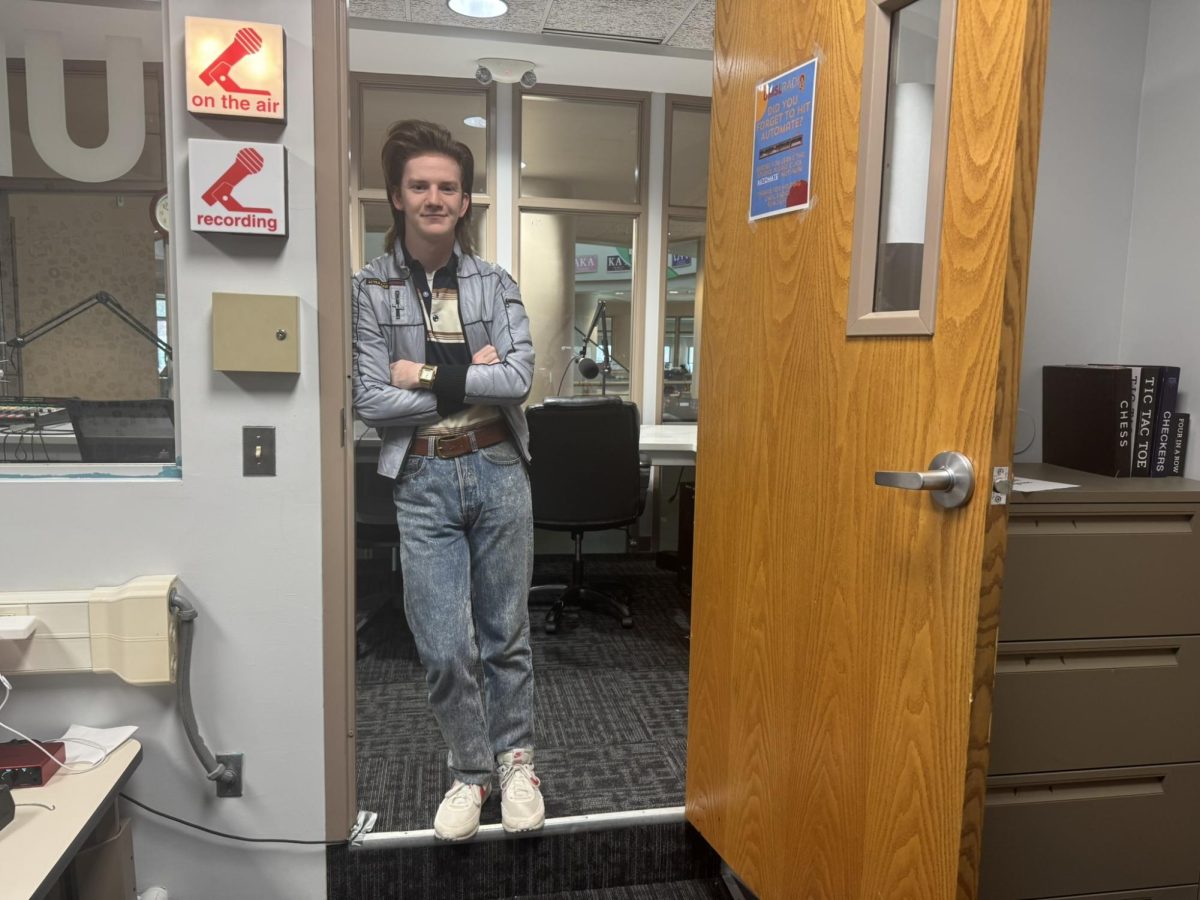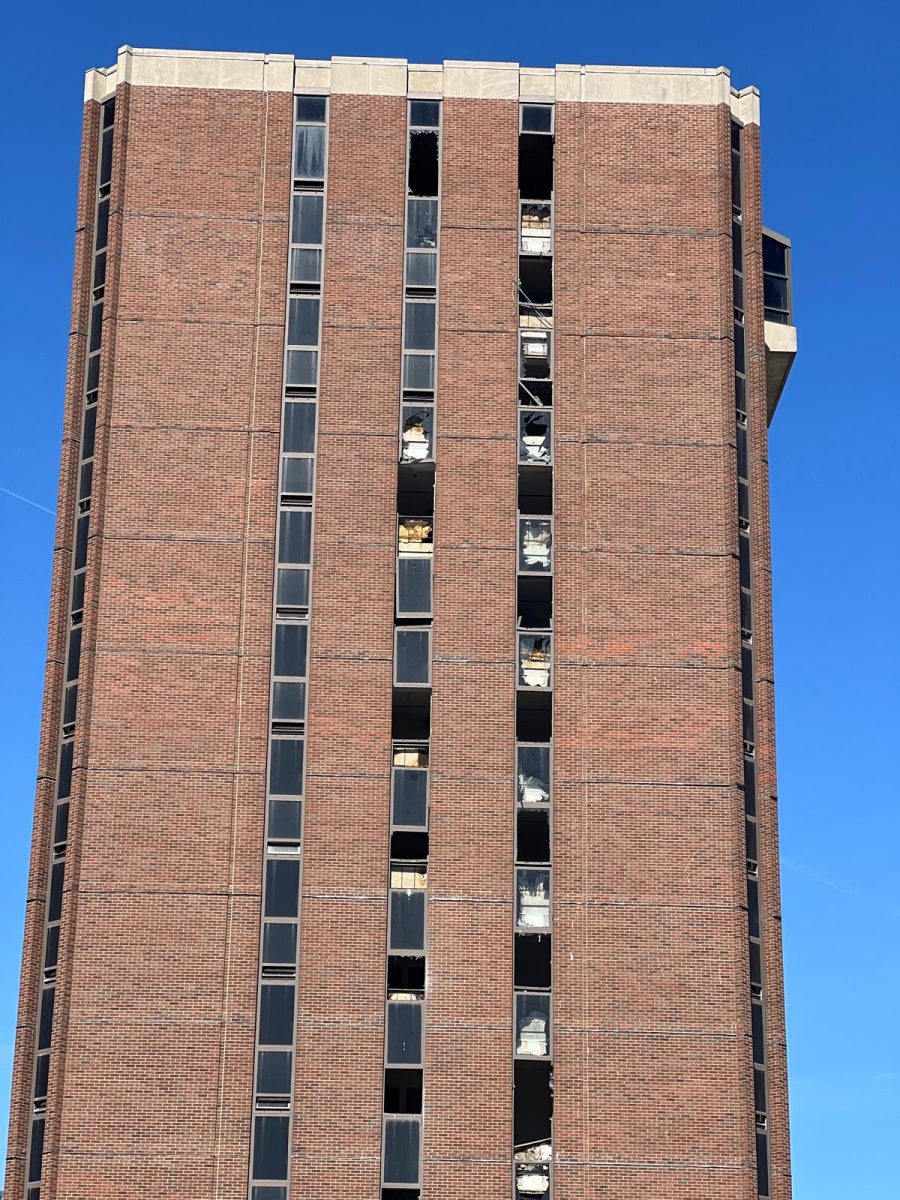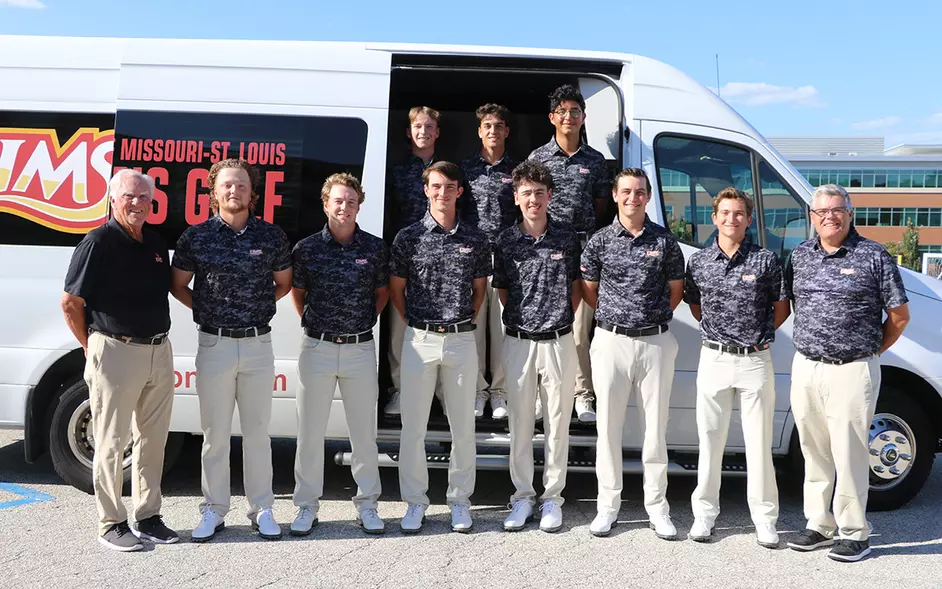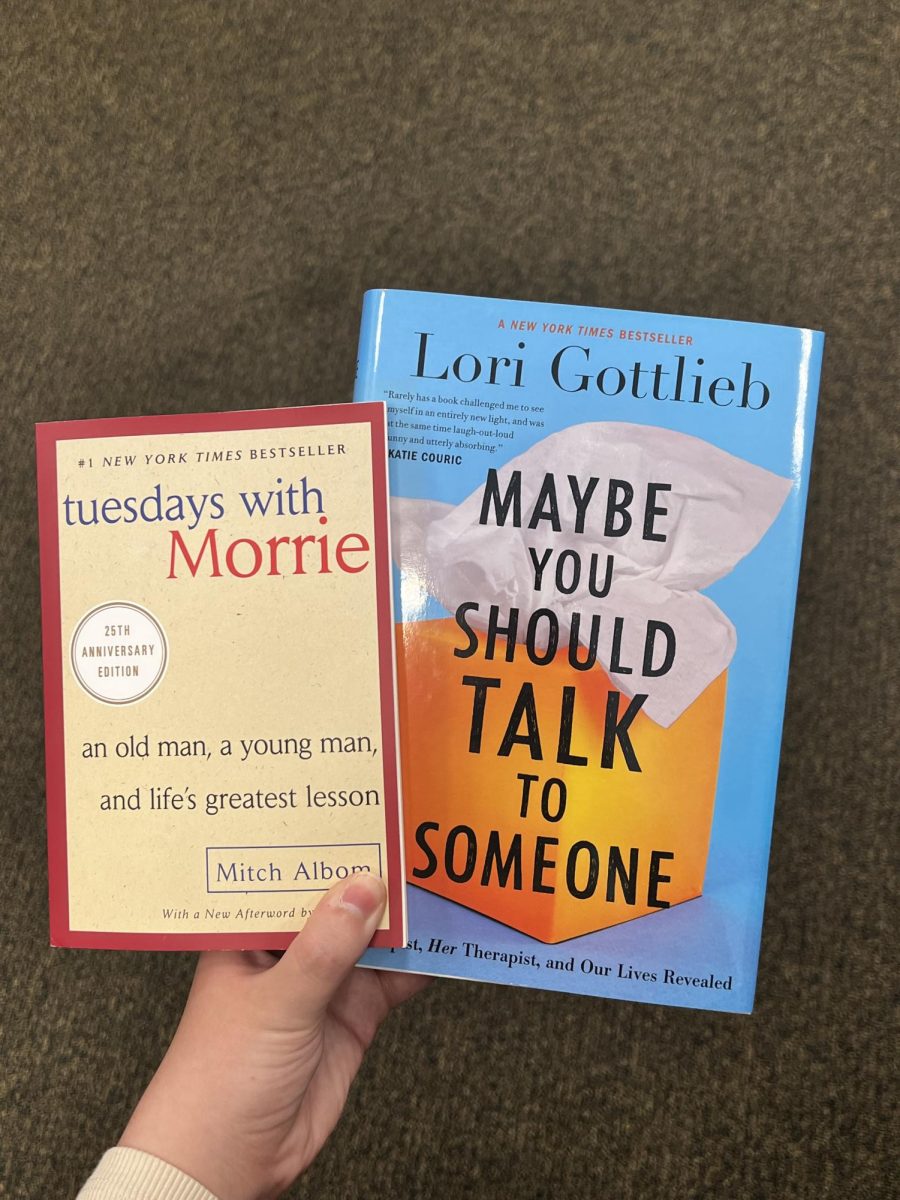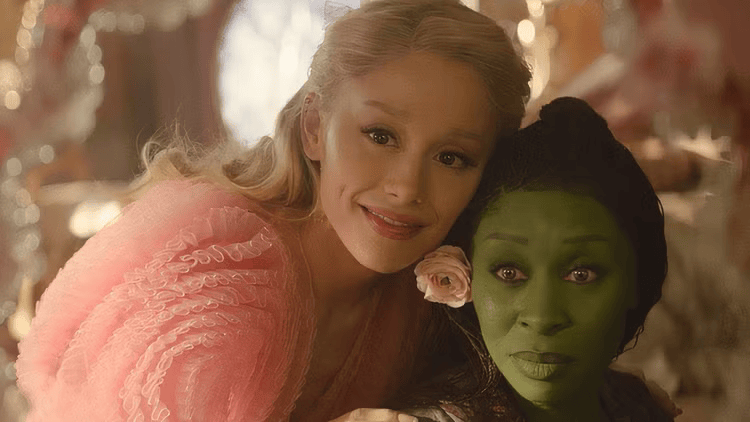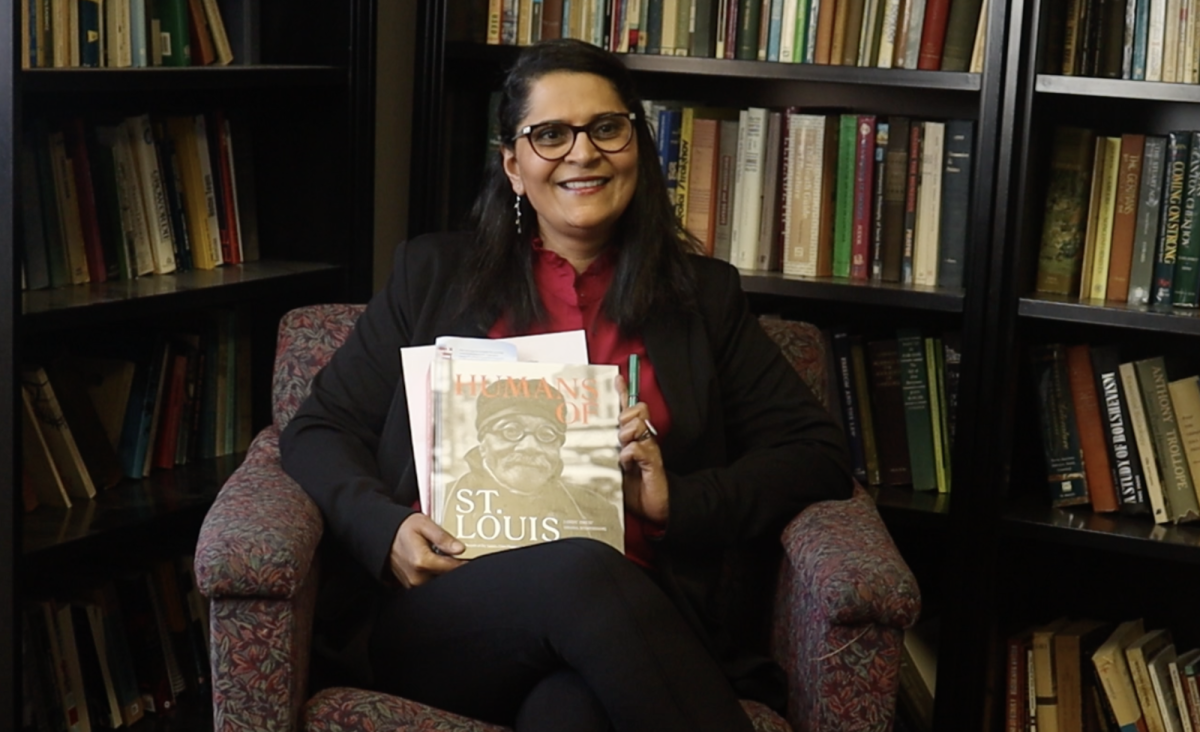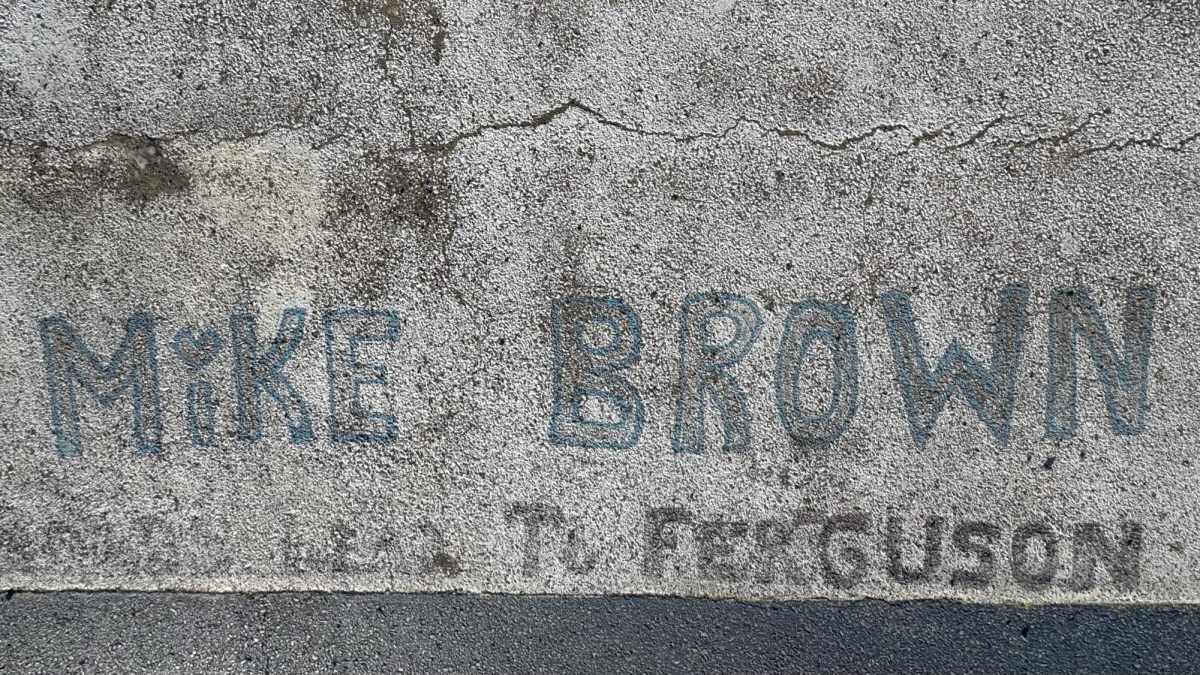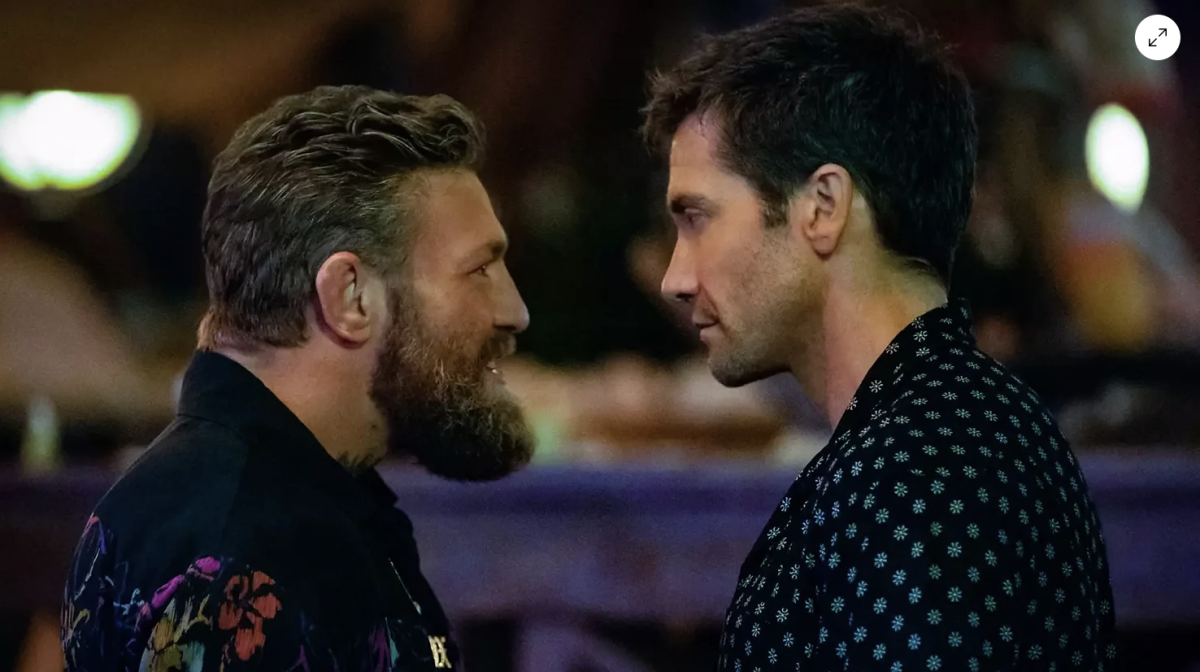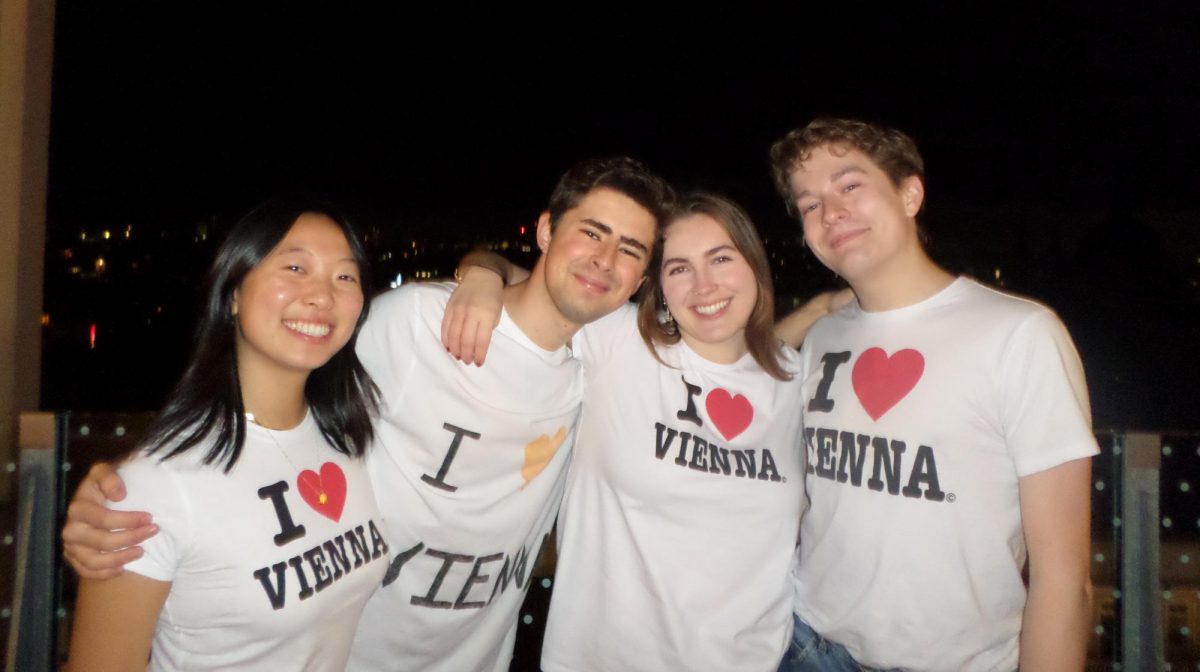Tucked in the history of cult cinema, and 35 years before the remake of 2024’s “Road House”, a film was made that holds the honor of being more gleefully trashy and unabashedly entertaining than perhaps any film since. I’m talking, of course, of Rowdy Herrington’s 1989 action film of the same name, “Road House.” The journey the director takes us through in the seedy underbelly of small-town America is a masterclass in sleaze, anchored by the impossibly cool charisma of Patrick Swayze as James Dalton, the bouncer with a penchant for Tai Chi and a talent for kicking butt. Set in the fictional town of Jasper, Missouri, “Road House” follows Dalton as he takes on the unenviable task of cleaning up the Double Deuce, a rough-and-tumble bar plagued by violence, corruption, and a motley crew of unsavory characters.
From the moment Dalton saunters into town, it’s clear that he’s not your average bouncer. With his rugged good looks, stoic demeanor, and martial arts prowess, he exudes an aura of invincibility that both intimidates and intrigues the citizens of Jasper. Whether he’s effortlessly dispatching rowdy patrons or engaging in steamy encounters with the locals, Dalton is the epitome of cool—an object of desire and envy.
The original 1989 “Road House” is more than just a showcase for Swayze’s undeniable charm. It’s a rollicking good time, filled with over-the-top fight scenes, cheesy one-liners, and enough gratuitous nudity to make even the most jaded viewer blush. From the iconic scene where Dalton rips out an assailant’s throat to the climactic showdown with the nefarious Brad Wesley, the film delivers thrills and spills in equal measure, keeping audiences on the edge of their seats until the final credits roll.
Fast forward to 2024, and Doug Liman’s remake of “Road House” seeks to recapture the magic of the original while putting a modern spin on the classic tale. Set in the sun-soaked environs of the Florida Keys, the remake introduces us to Jake Gyllenhaal’s character Elwood Dalton, a former UFC fighter turned freelance enforcer who finds himself embroiled in a battle for control of the titular Road House bar. Recruited by the owner Frankie, played with by Jessica Williams, Dalton soon finds himself caught between warring factions vying for supremacy in the seedy underworld of Key West.
On the surface, the premise of the remake seems promising—a brooding antihero, a cast of colorful characters, and plenty of opportunities for pulse-pounding action. But as the film unfolds, it becomes clear that something is missing. Unlike its predecessor, which reveled in its own absurdity and embraced the campy charm of its premise, the remake takes itself far too seriously, resulting in a tone-deaf experience that never quite hits the mark.
Part of the problem lies in the casting of Gyllenhaal as Elwood Dalton. While undoubtedly a talented actor, Gyllenhaal lacks the magnetic presence that made Swayze’s portrayal so iconic. His version of Elwood comes across as brooding and introspective, a far cry from the bravado of his predecessor. And while Gyllenhaal certainly looks the part, with his chiseled physique and rugged good looks, he fails to capture the devil-may-care attitude that defined Swayze’s Dalton.
Similarly, the supporting cast fails to make much of an impression, with characters like the sultry doctor Ellie (played by Daniela Melchior) and the plucky bookstore owner Charlie (Hannah Lanier) feeling like little more than cardboard cutouts. Even Conor McGregor, making his acting debut as Dalton’s contemporary Knox, fails to inject much life into the proceedings, delivering his lines with all the subtlety of a sledgehammer.
But perhaps the biggest disappointment of all is the film’s lackluster action sequences. Despite Liman’s pedigree as an action director, having directed the 2014 sci-fi Groundhog Day spin “Edge of Tomorrow,” the fight scenes in the remake feel uninspired and lack the visceral energy of the original. Gone are the bone-crunching brawls and inventive choreography that made “Road House” such a thrill ride, replaced instead by generic shootouts and mediocre hand-to-hand combat.
In the end, “Road House” (2024) is a pale imitation of its predecessor, lacking the wit, charm, and sheer entertainment value of the original. While it may have its moments, particularly for fans of Gyllenhaal or McGregor, it ultimately fails to recapture the magic of the 1989 cult classic. As the credits roll and viewers are left to ponder what might have been, one thing is clear: sometimes, certain roads are best left untraveled.

